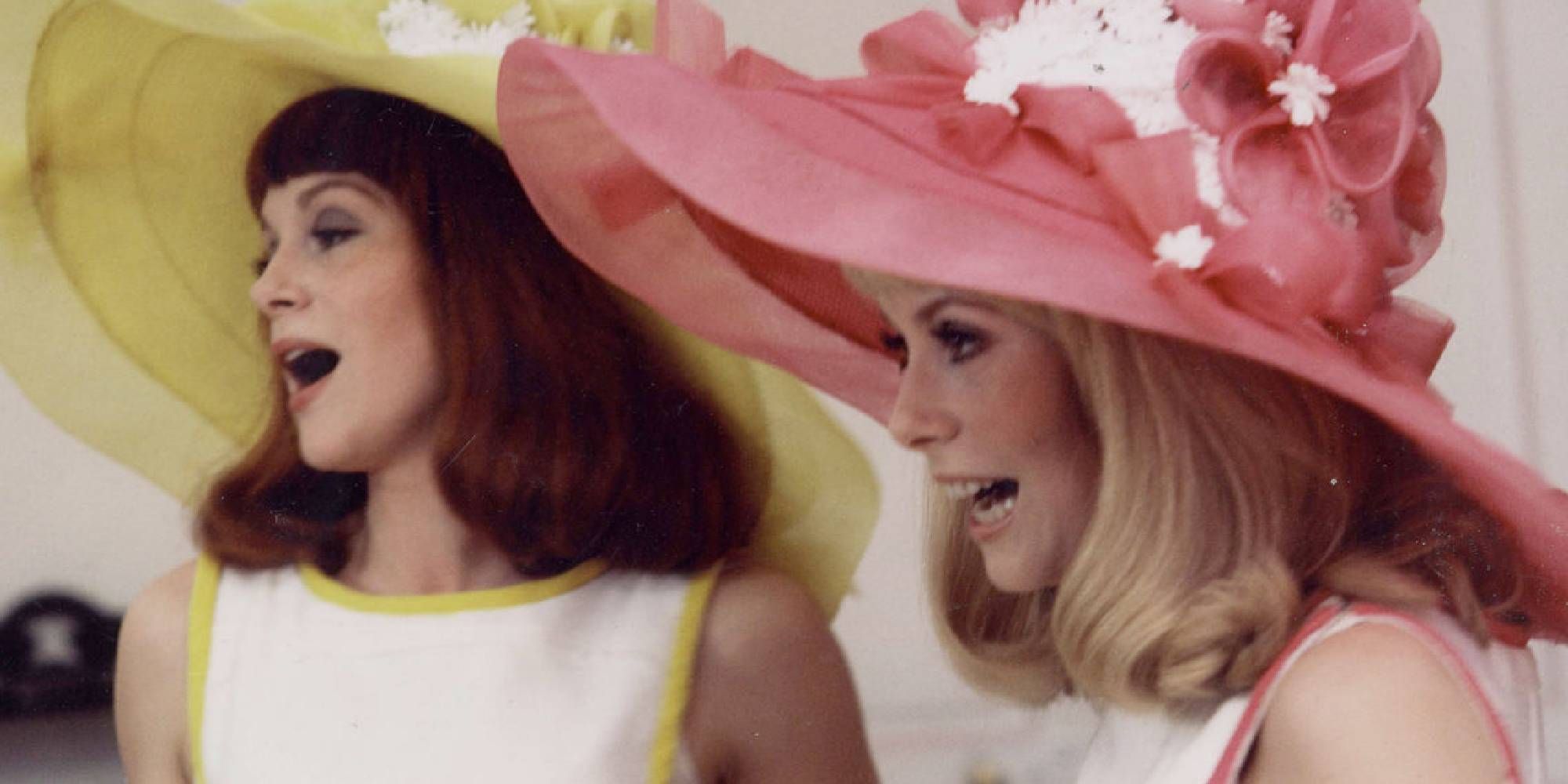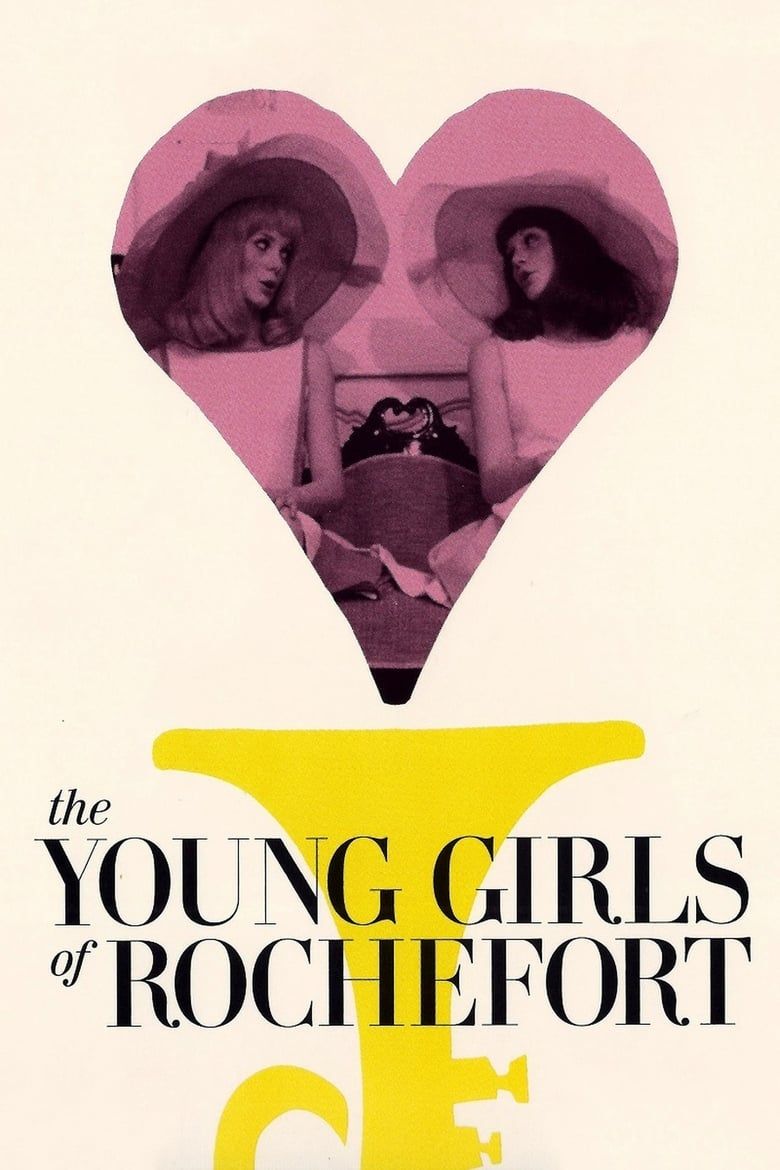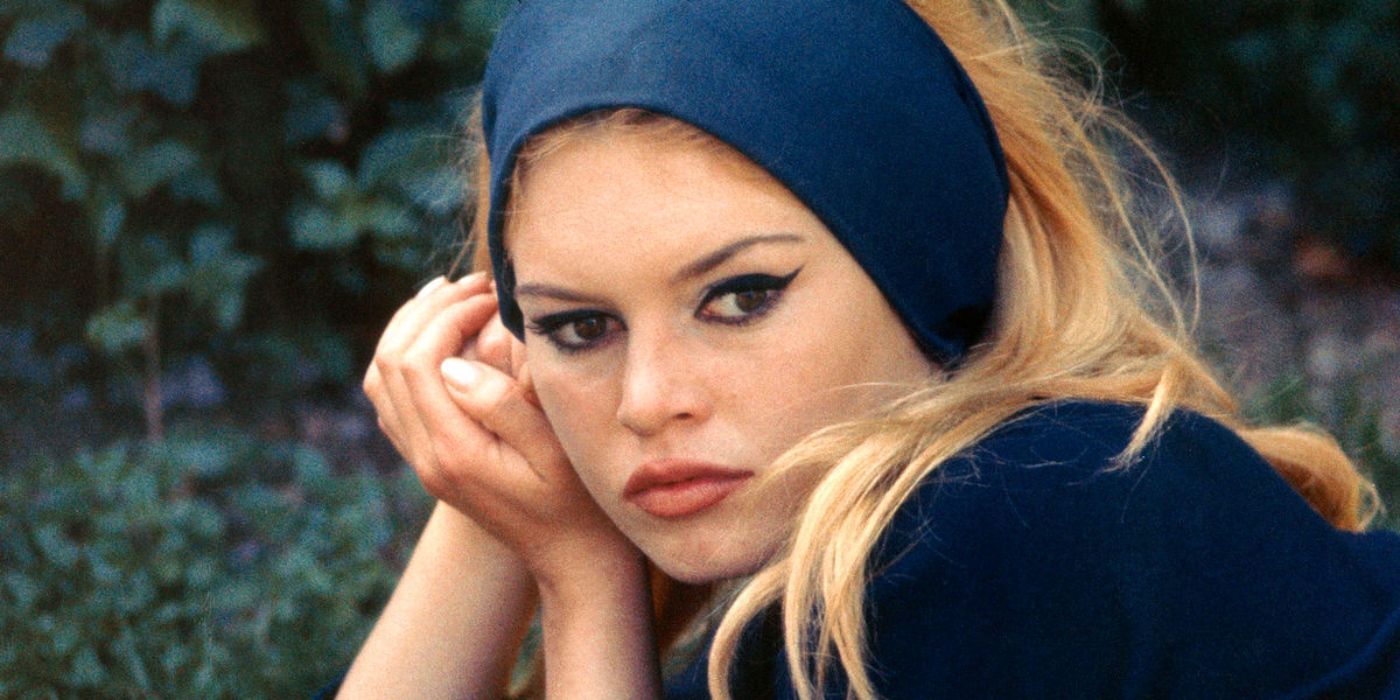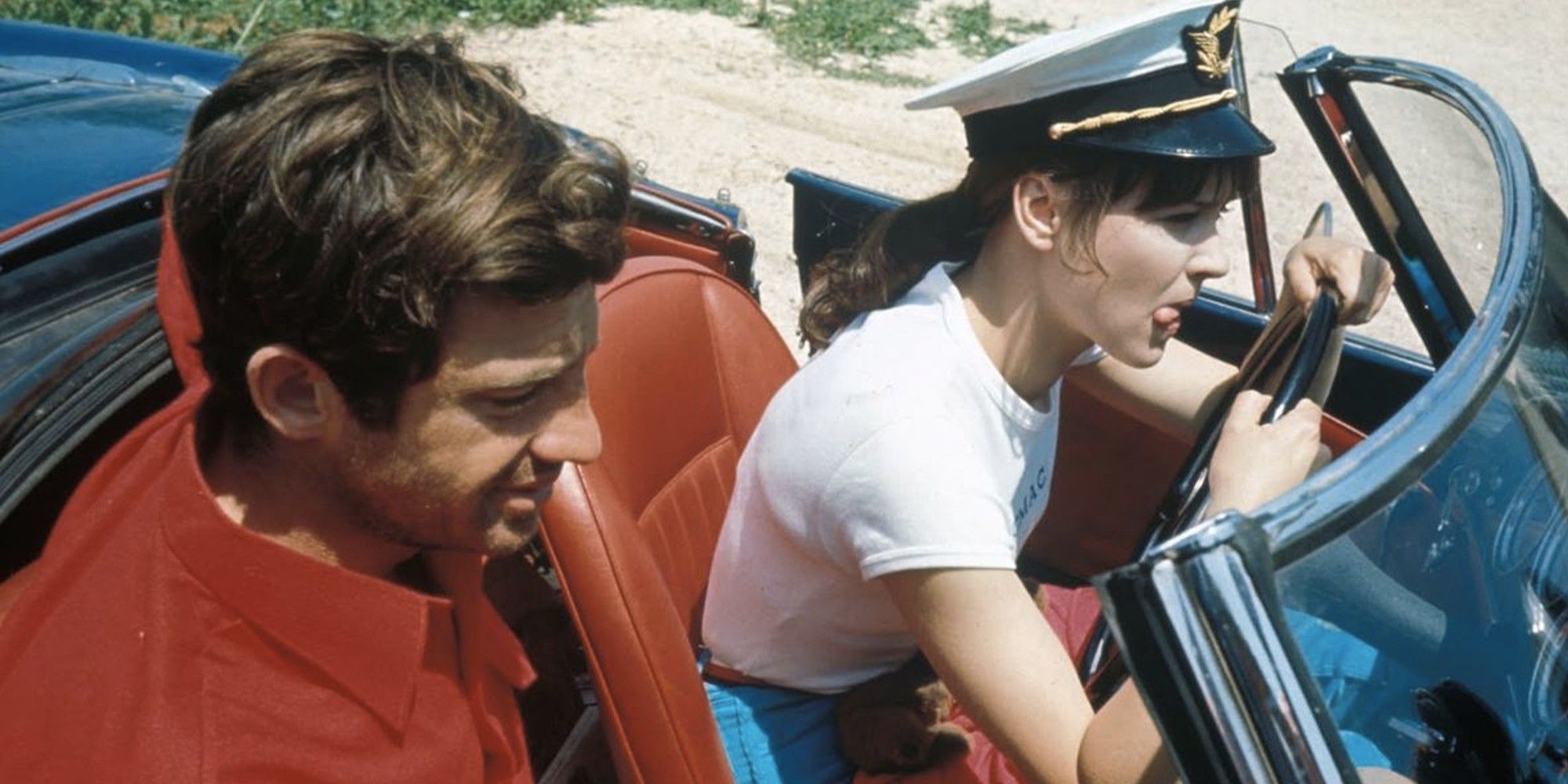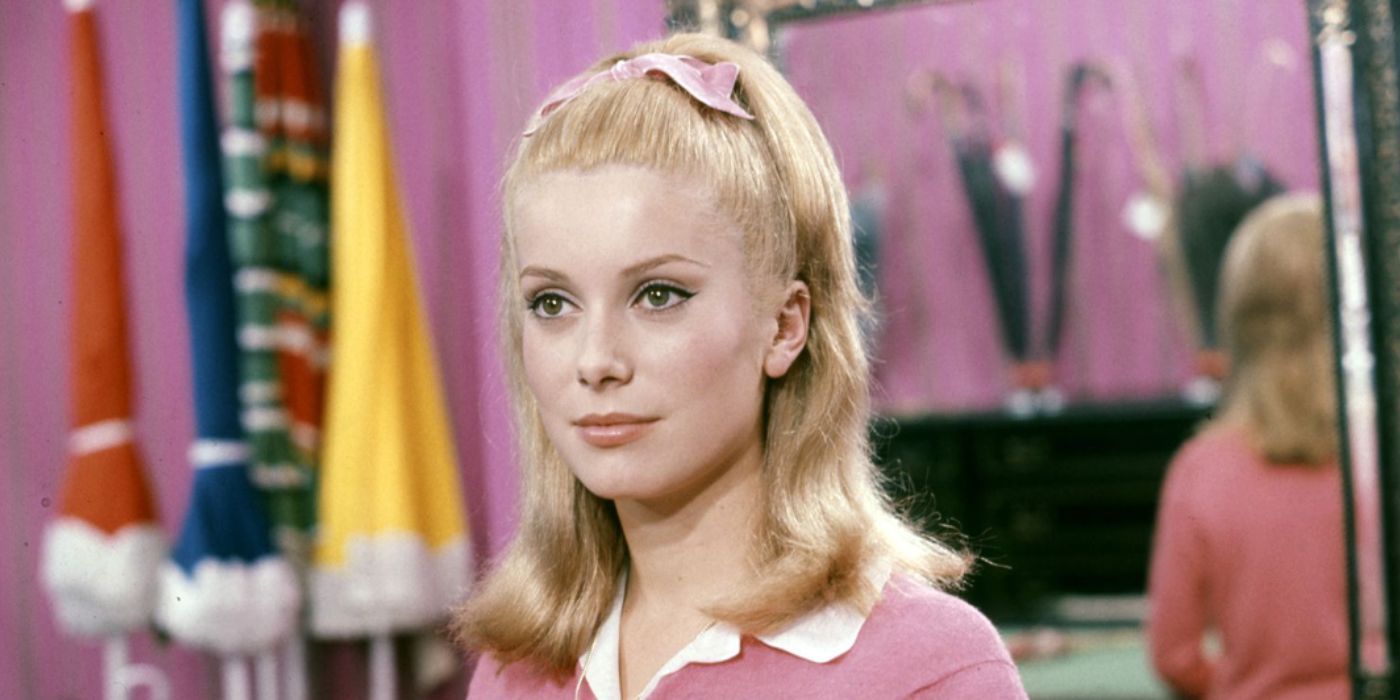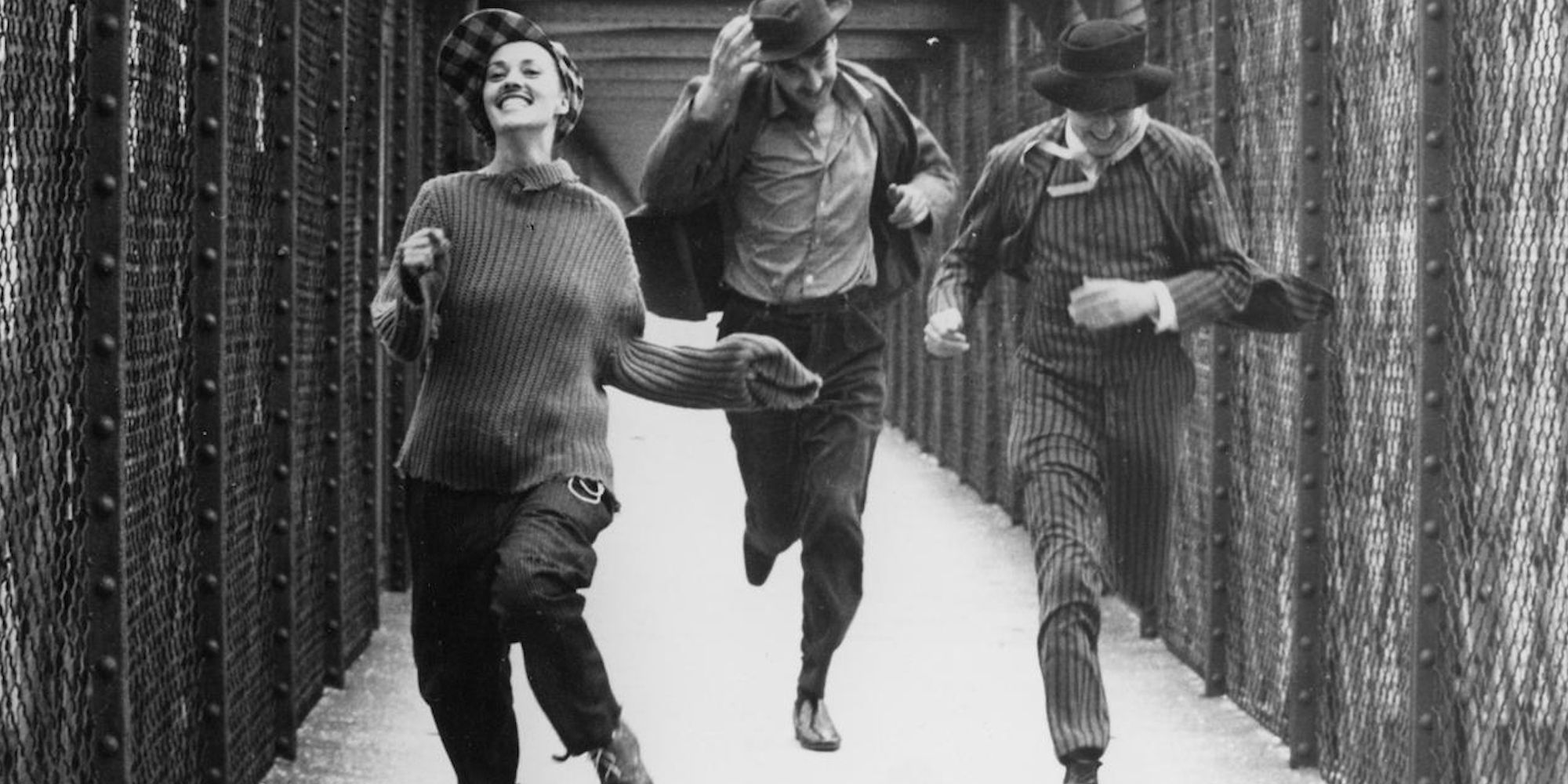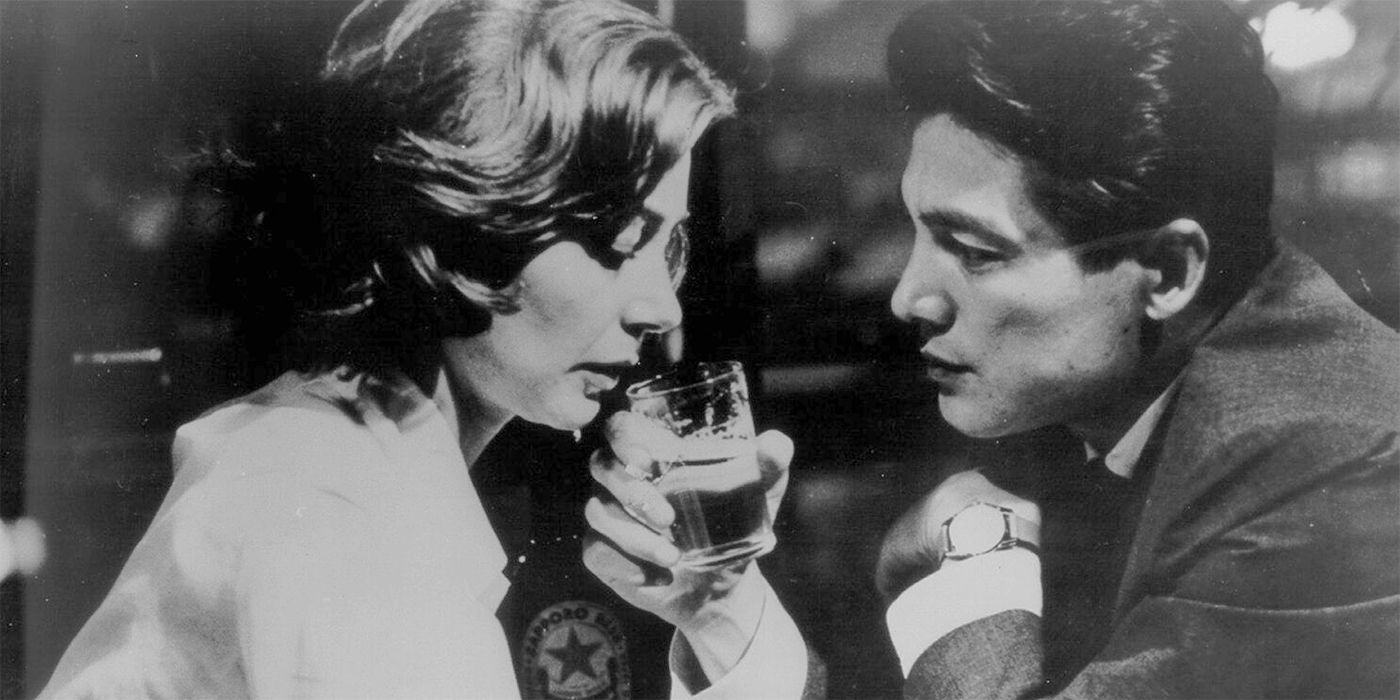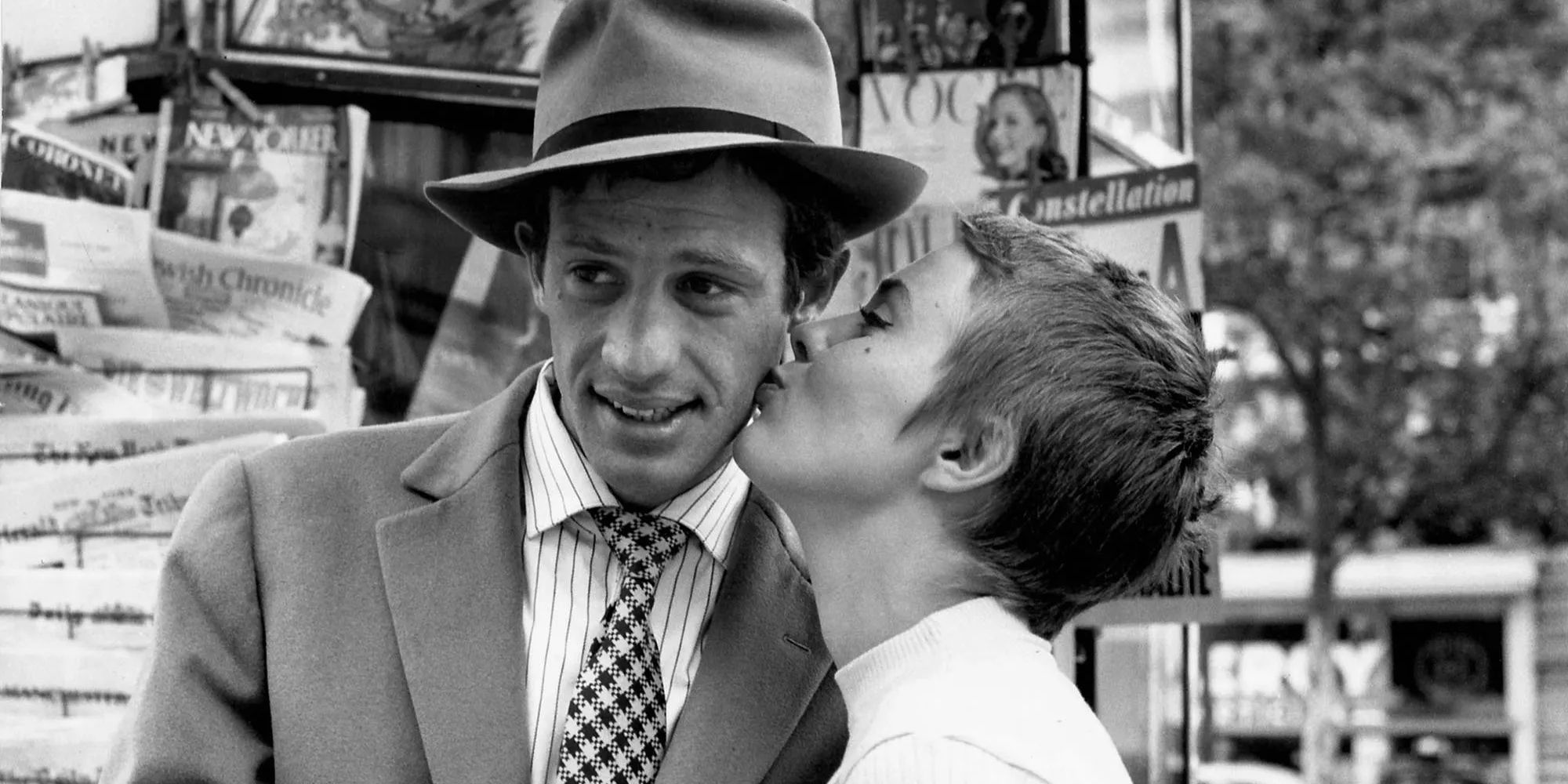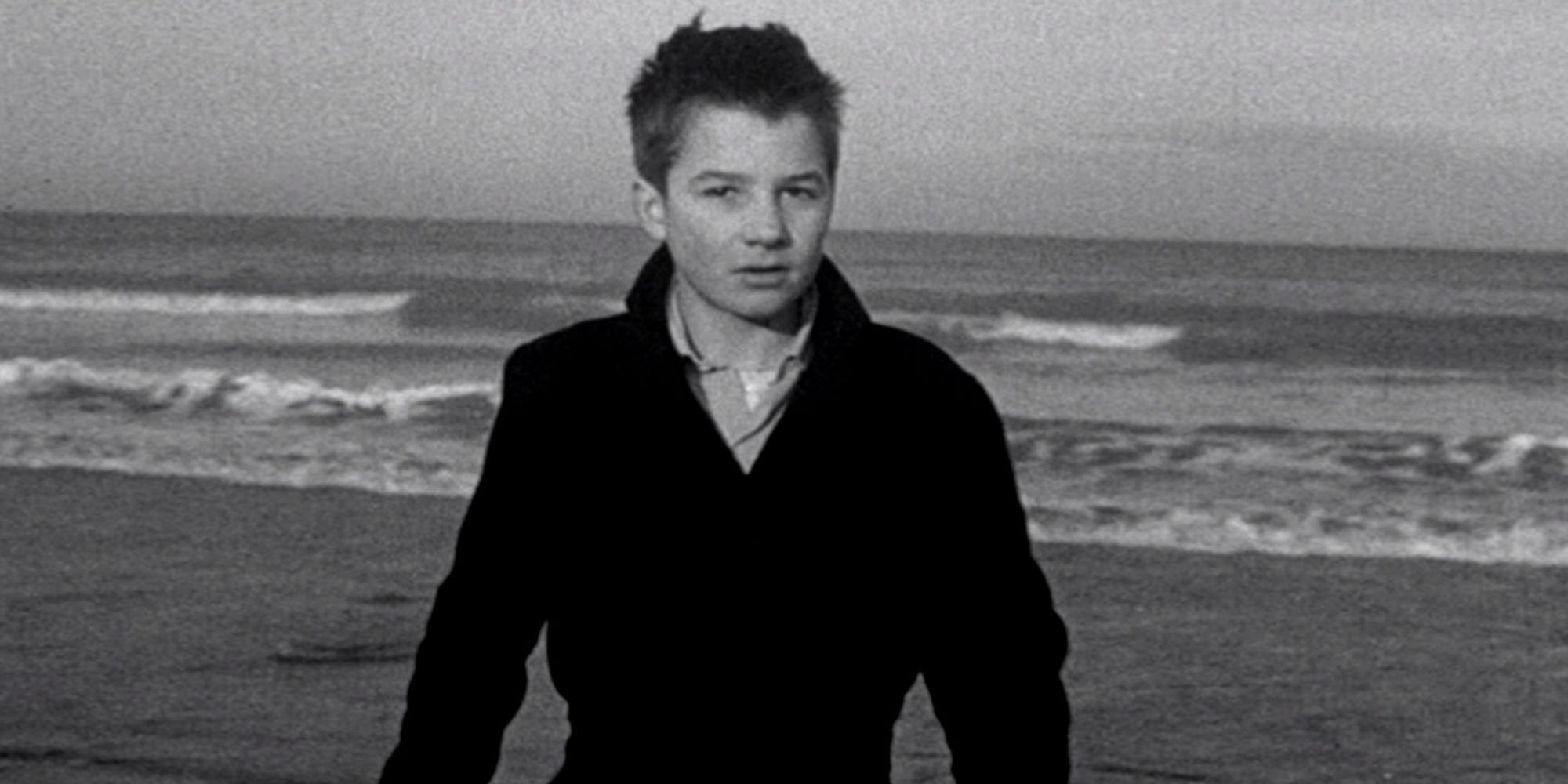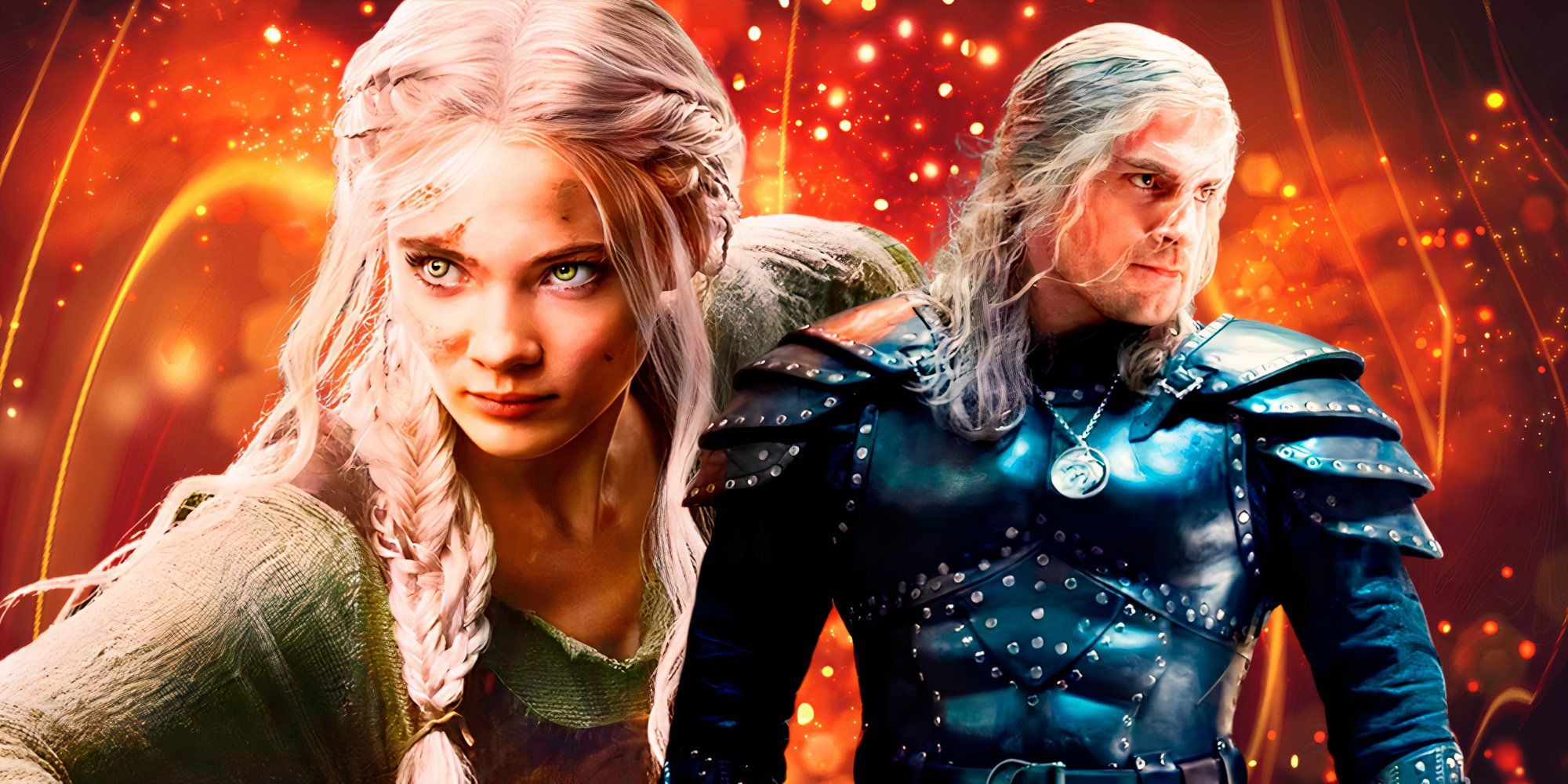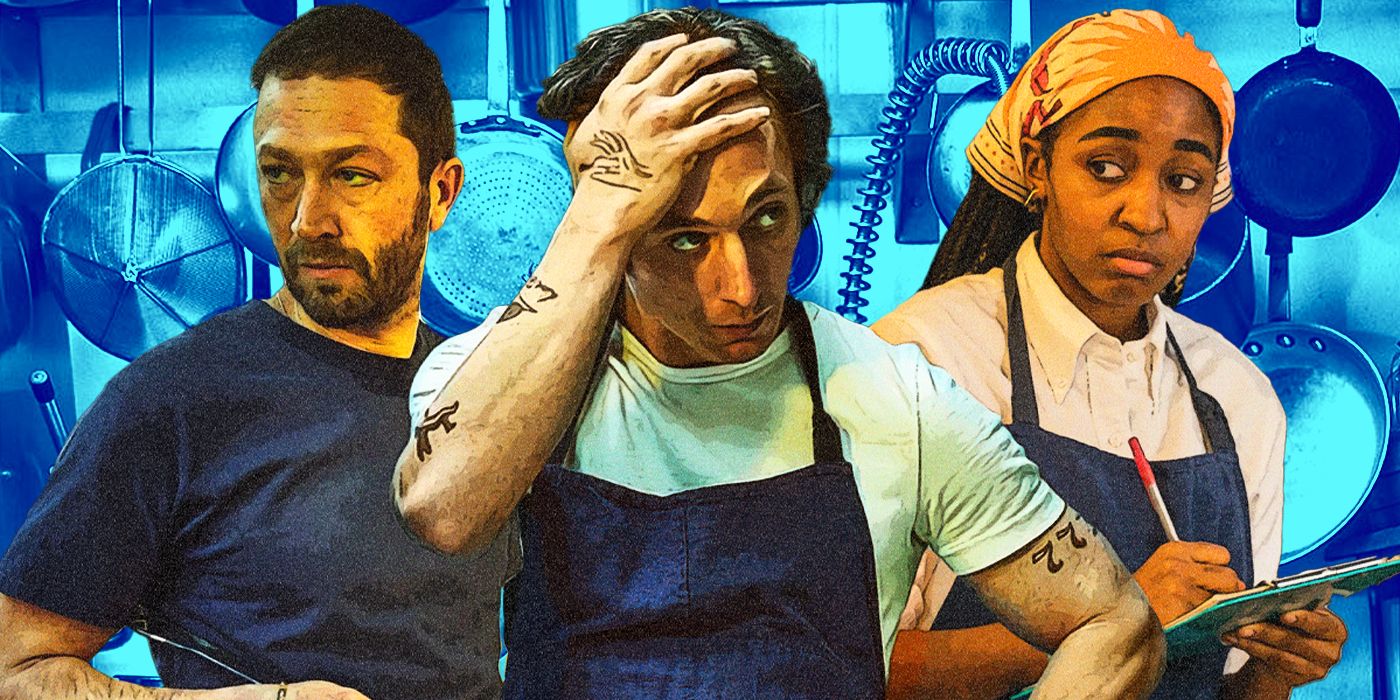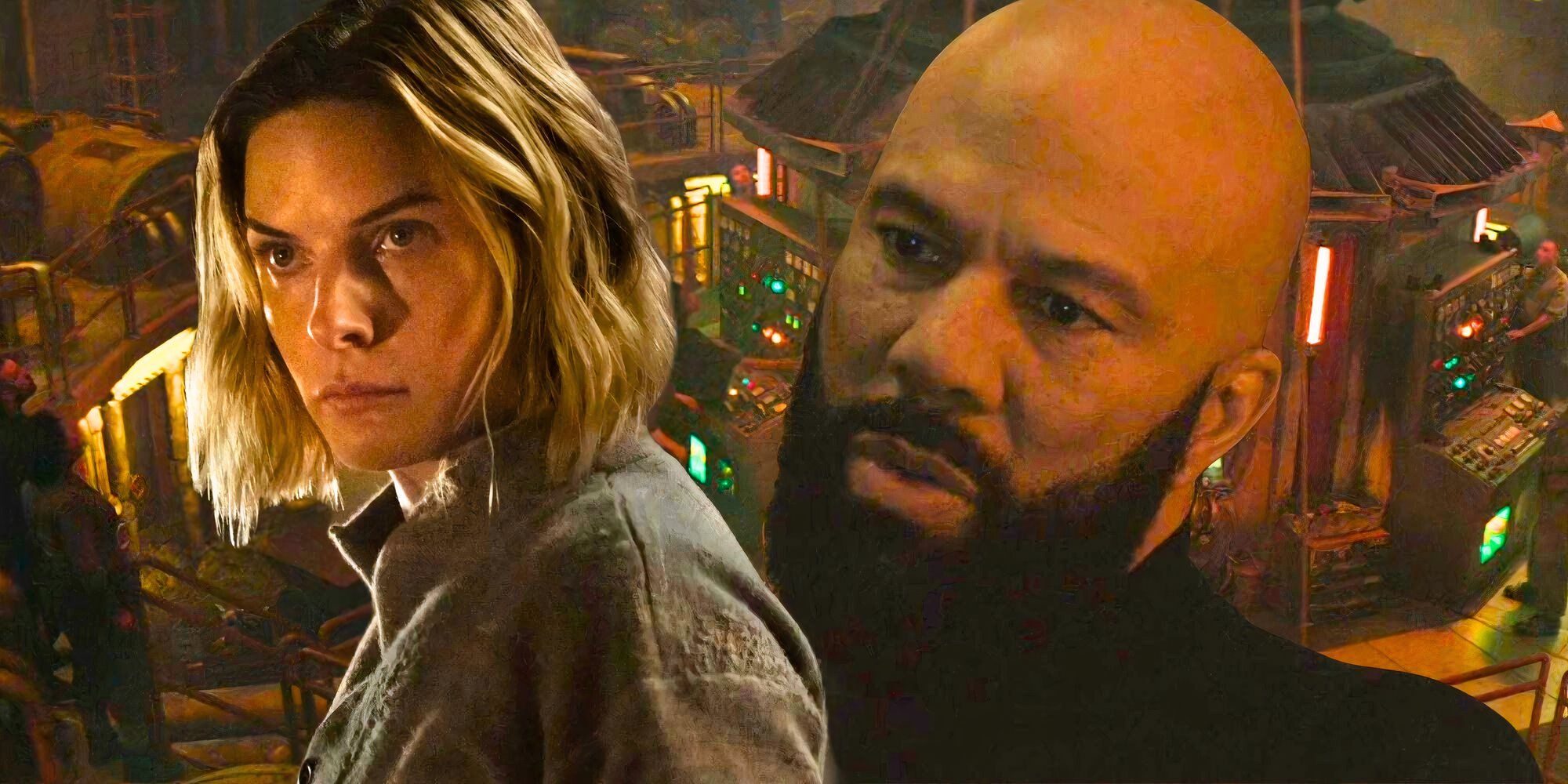10 Essential Movies You Need To Watch To Understand the French New Wave
Characterized by its rejection of traditional filmmaking conventions, the French New Wave is one of the most important movements in film history, reshaping cinema with its bold vision. Directors like Jean-Luc Godard, Fraçois Truffant, and Agnès Varda have cemented their legacy as three of the most defining filmmakers of this pioneering era, experimenting with style and narrative in an intriguing way.
To celebrate the greatness of the French New Wave, we look back at some of the works that have made history, celebrating freedom and individuality with their unconventional approaches, redefining what cinema should be. If you’re looking to deepen your appreciation of this revolutionary movement, these essential films offer a perfect entry point — from Le Samouraï to The 400 Blows, these are the best essential movies to understand the French New Wave.
10
‘Le Samouraï’ (1967)
Directed by Jean-Pierre Melville
Although it may not be the first film that comes to mind when it comes to French New Wave pictures, Jean-Pierre Melville‘s Le Samouraï is still a quintessential example of French cinema. The story centers around the late Alain Delon‘s Jef Costello, a professional hitman who, after being seen by witnesses, is driven further into a corner.
While Le Samouraï wasn’t an immediate commercial success, its legacy stands the test of time, proving to be nothing short of timeless, influencing many other well-known pictures and helping shape cinematic history. Featuring a slow-paced narrative and undeniably stylish cinematography, Melville’s film makes for a great watch for someone interested in getting into the genre. On top of being a great choice for those who are into the hitman genre, Le Samouraï is also an innovative picture in how it breaks free from cinematic conventions and experiments with narrative.
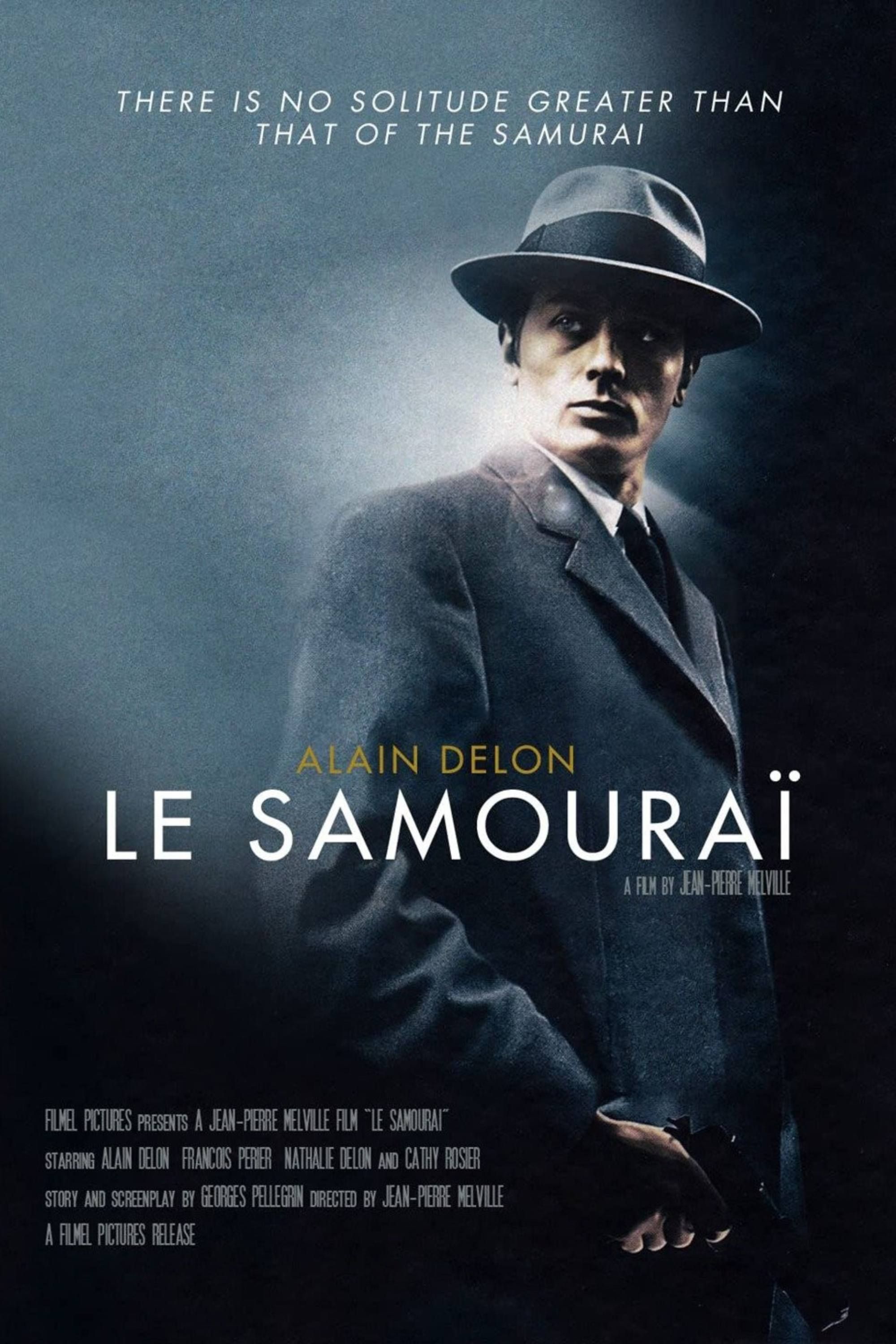
- Release Date
-
October 25, 1967
- Cast
-
Alain Delon
, François Perier
, Nathalie Delon
, Cathy Rosier - Runtime
-
105 Minutes
Watch on Max
9
‘The Young Girls of Rochefort’ (1967)
Directed by Jacques Demy
A great pick for anyone who enjoys a great classic musical — and a visually striking, colorful one at that — The Young Girl of Rochefort is a delightful Jacques Demy picture starring Catherine Deneuve and Françoise Dorléac in the lead roles. The plot revolves around two sisters hired as carnival singers after leaving their small town in search of romance.
A vibrant burst of joy that serves as a departure from the typically introspective, quiet, and minimalist styles of the French New Wave, The Young Girls of Rochefort blends Hollywood musicals with the unique French touch with incredible results. From its pastel-colored sets and charming performances to its show-stopping choreography, every frame is guaranteed to entertain audiences. Demy’s film has contributed a great deal to French and global cinema alike, resulting in an excellent introduction to the French New Wave.
Watch on Max
8
‘Contempt’ (1963)
Directed by Jean-Luc Godard
The first of many Jean-Luc Godard worth mentioning is Contempt. The 1963 film centers around a French writer’s (Jack Palance) deteriorating marriage while he works on Fritz Lang‘s version of The Odyssey, as his wife (Brigitte Bardot) accuses him of using her to court favor with the film’s brash American producer.
A cornerstone of French cinema guaranteed to immerse audiences in its beautiful visuals and entertaining narrative, Contempt bridges the experimental ethos of the French New Wave with more polished and classical filmmaking styles, contrasting with Godard’s earlier films. In equal amounts accessible, captivating, and profound, Contempt is a great starting point for those new to French cinema, particularly the French New Wave. Set against the breathtaking backdrop of Italy’s Capri coastline, elegantly captured by cinematographer Rauol Coutard, Contempt offers a resonant illustration of a crumbling marriage, diving into themes of love and alienation.
Buy on Amazon
7
‘Pierrot le Fou’ (1965)
Directed by Jean-Luc Godard
Next up is another Godard essential: Pierrot le Fou, which fuses crime, drama, and romance. It tells the story of Pierrot (Jean-Paul Belmondo), who, in an attempt to escape his boring society, embarks on a trip from Paris to the Mediterranean Sea with Marianne (Anna Karina in one of her most well-known roles), a girl chased by hitmen from Algeria. Together, they lead an orthodox life always on the run.
Pierrot le Fou endures as an iconic installment of the French New Wave, celebrated for how it breaks the rules and pushes boundaries to new heights. An intriguing meditation on cinema itself, Godard’s creative and engaging road trip film draws elements from different genres but subverts them, resulting in a memorable watch. Thanks to the way it employs bold primary colors and painterly compositions, Pierrot le Fou has, too, become a fan-favorite among cinephiles who, first and foremost, treasure a movie’s cinematography and captivating storytelling. With this being said, it is definitely a worthy introduction to the genre guaranteed to appeal to those interested in experimental stories and innovative visuals.
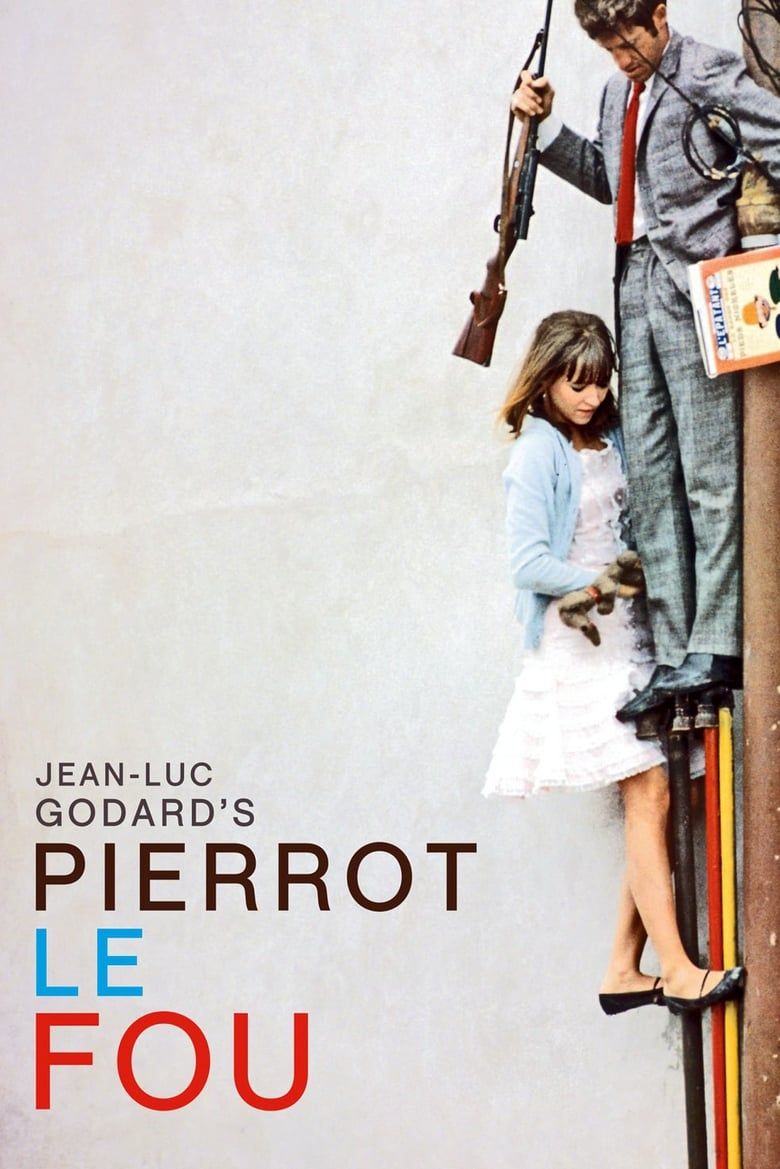
- Release Date
-
January 8, 1969
- Cast
-
Jean-Paul Belmondo
, Anna Karina
, Graziella Galvani
, Aicha Abadir
, Henri Attal - Runtime
-
110 Minutes
Buy on Amazon
6
‘The Umbrellas of Cherbourg’ (1964)
Directed by Jacques Demy
While not a film that resonates with everyone primarily due to its stylish and creative choices — all the dialogue is fully sung, which may not strike a chord in viewers who aren’t into the musical genre — The Umbrellas of Cherbourg is a mandatory mention regarding the French New Wave. Also starring Deneuve, Demy’s 1964 picture follows a young woman who faces a life-changing decision after being separated from her lover by external forces of war.
The Umbrellas of Cherbourg is a gem of French cinema, and its universal appeal has made it one of the most beloved and memorable films not only in French cinema, but also in film history. Demy’s unique vision incorporates the movement’s experimental elements with an emotionally engaging narrative, resulting in an unforgettable cinematic experience that transcends time and genres. Whether viewers are captivated by its bold style or the memorable music, it’s not for no reason that the film has received widespread acclaim following its release and has inspired many famous films so far, including Barbie and La La Land.
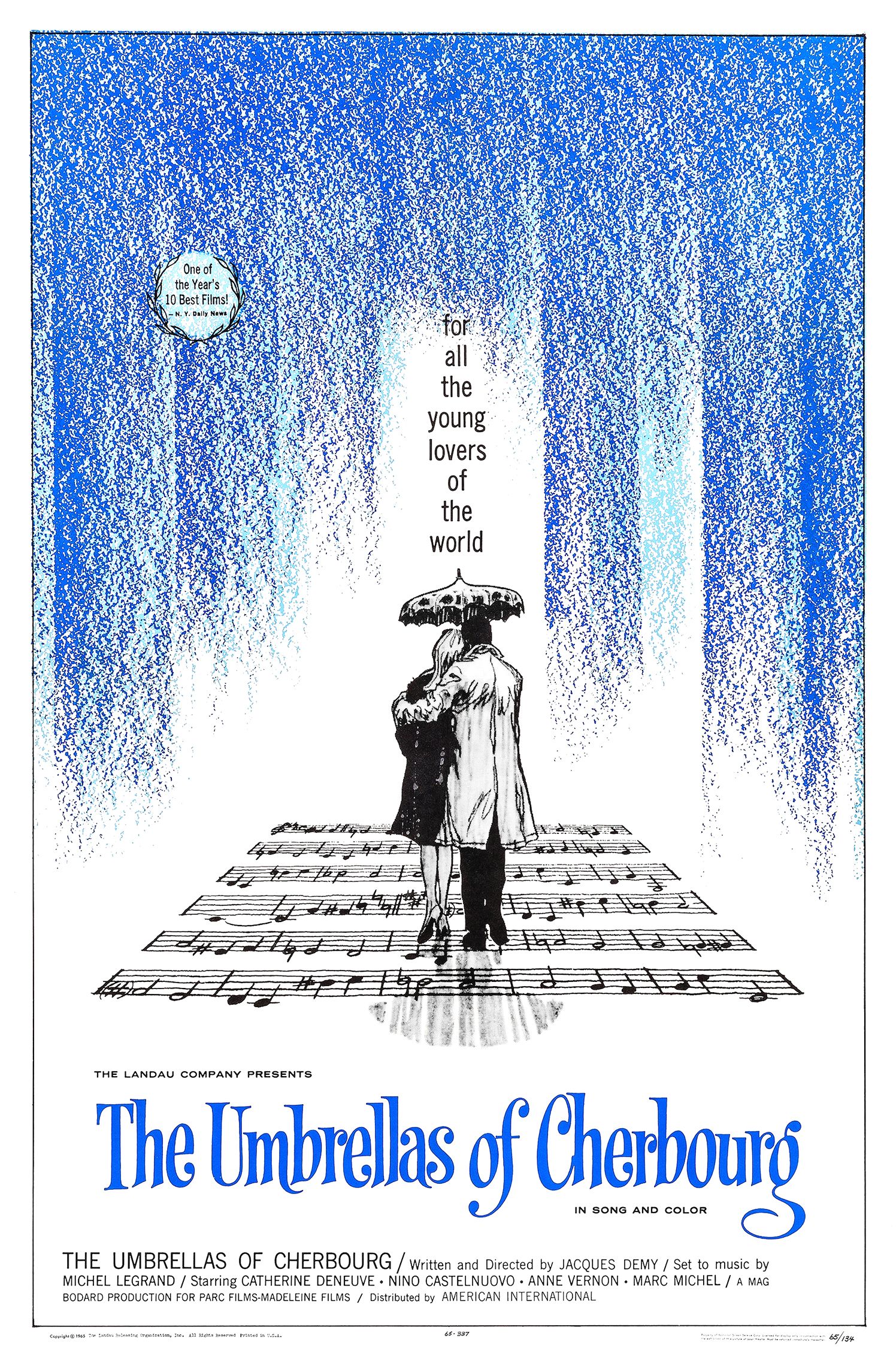
The Umbrellas of Cherbourg
- Release Date
-
December 16, 1964
- Cast
-
Catherine Deneuve
, Nino Castelnuovo
, Anne Vernon
, Marc Michel - Runtime
-
91 minutes
Watch on Max
5
‘Jules and Jim’ (1962)
Directed by François Truffaut
Directed by François Truffaut, Jules and Jim, set in pre-WWI Paris, sees two friends — shy Austrian writer Jules (Oskar Werner) and spirited French man Jim (Henri Serre) — falling in love with the same woman, Catherine (Jeanne Moreau). While Catherine initially loves and marries Jules, she begins falling for Jim when they meet again in Germany after the war. A love triangle ensues.
Featuring innovative direction, complete with freeze frames and sweeping camera movements in addition to an unconventional approach to storytelling, Jules and Jim is a wonderful gem in the French New Wave genre, fully capturing what makes the movement remarkable. An excellent starting point for French New Wave beginners, this bittersweet, nonetheless timeless watch provides audiences with a profoundly human and engaging narrative guaranteed to sweep audiences off their feet with its timeless elegance and beautiful settings. At its heart is Moreau’s Catherine, who shines in a handful of iconic scenes.
- Release Date
-
January 23, 1962
- Cast
-
Jeanne Moreau
, Oskar Werner
, Henri Serre
, Vanna Urbino - Rating
-
- Runtime
-
4
‘Hiroshima Mon Amour’ (1959)
Directed by Alain Resnais
A captivating pick for viewers interested in thought-provoking and deep themes such as memory, identity, and trauma, Alain Resnais‘ Hiroshima Mon Amour is another astounding French New Wave landmark. The psychological drama follows a French actress (Emmanuelle Riva) filming an anti-war film in Hiroshima, illustrating her affair with a married Japanese architect (Eiji Okada) as the two share differing perspectives on war.
An instant classic following its triumphant release, Resnais’ unforgettable arthouse romance is a masterpiece in visual storytelling; its stunning black-and-white cinematography, which reflects the tension between the characters through the usage of light alone, is a great example. On top of its visual innovation, the stylish must-see French New Wave film relies on a non-linear narrative structure that challenges traditional storytelling, capturing the attention of audiences due to its thoughtful exploration of profound themes, blending its unconventional romance with universal resonance.
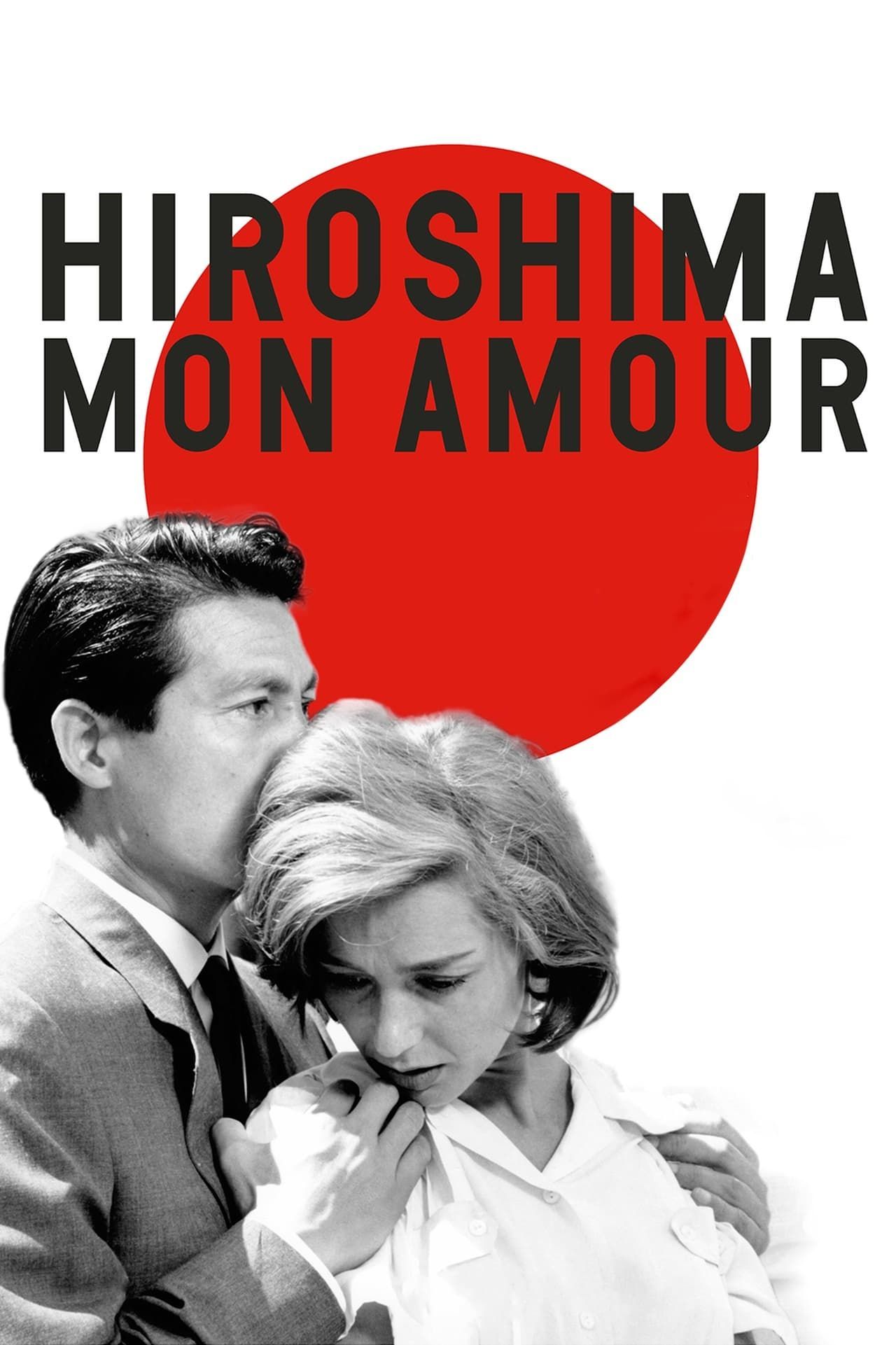
- Release Date
-
May 16, 1960
- Cast
-
Emmanuelle Riva
, Eiji Okada
, Stella Dassas
, Pierre Barbaud
, Bernard Fresson
, Moira Lister - Runtime
-
90 Minutes
Watch on Criterion
3
‘Cléo from 5 to 7’ (1962)
Directed by Agnès Varda
Known as the “grandmother” of the French New Wave, Agnès Varda is, too, an essential figure regarding the genre; Cléo from 5 to 7 is one of her most iconic films. Its story centers around the titular singer and hypochondriac who becomes increasingly worried that she might have cancer while awaiting test results from her doctor.
This quintessential French New Wave entry point perfectly captures the movement’s blend of innovative style and emotional depth, remaining an accessible watch to newcomers and introducing them to the delightful world of French cinema. Varda’s groundbreaking perspective, especially as a pioneering female director, stands out in this black-and-white feature. Featuring a beautiful central performance and eye-candy location shooting, Cleo From 5 to 7 is an authentic portrayal of 1960s Paris that delves into themes of identity, mortality, and the female gaze.
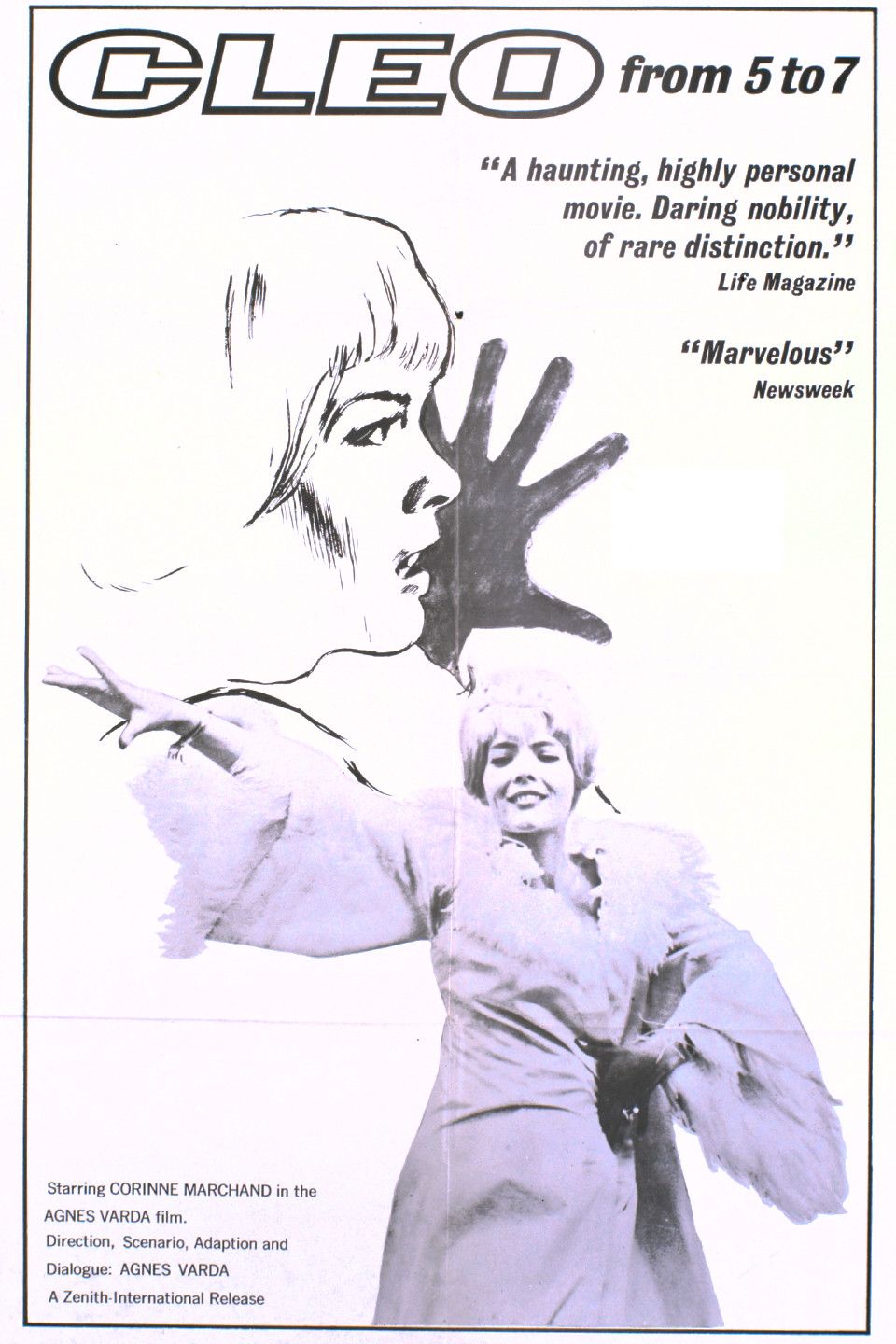
- Release Date
-
April 11, 1962
- Cast
-
Antoine Bourseiller
, Corinne Marchand
, Dominique Davray
, Dorothée Blanck - Runtime
-
90 minutes
Watch on Max
2
‘Breathless’ (1960)
Directed by Jean-Luc Godard
Another quintessential Jean-Luc Godard that could not be missing, Breathless remains a cornerstone of the French New Wave and an essential watch for anyone delving into the cinematic movement. Godard’s film sees a small-time crock (Jean-Paul Belmondo) hunted by the authorities for a car theft and the murder of a police officer. He attempts to persuade a hip American journalism student (Jean Seberg) to run away with him to Italy.
Breathless is not only a standout arthouse picture with amazing acting, it is also an accessible pick for anyone curious about the era. Godard’s spontaneous and effortlessly cool direction and stunning visual style are two of the film’s most notable aspects. Anchored by its highly entertaining playful tone and rejection of the polished classic Hollywood style, Breathless intriguingly explores love, betrayal, and existential freedom refreshingly and uniquely.
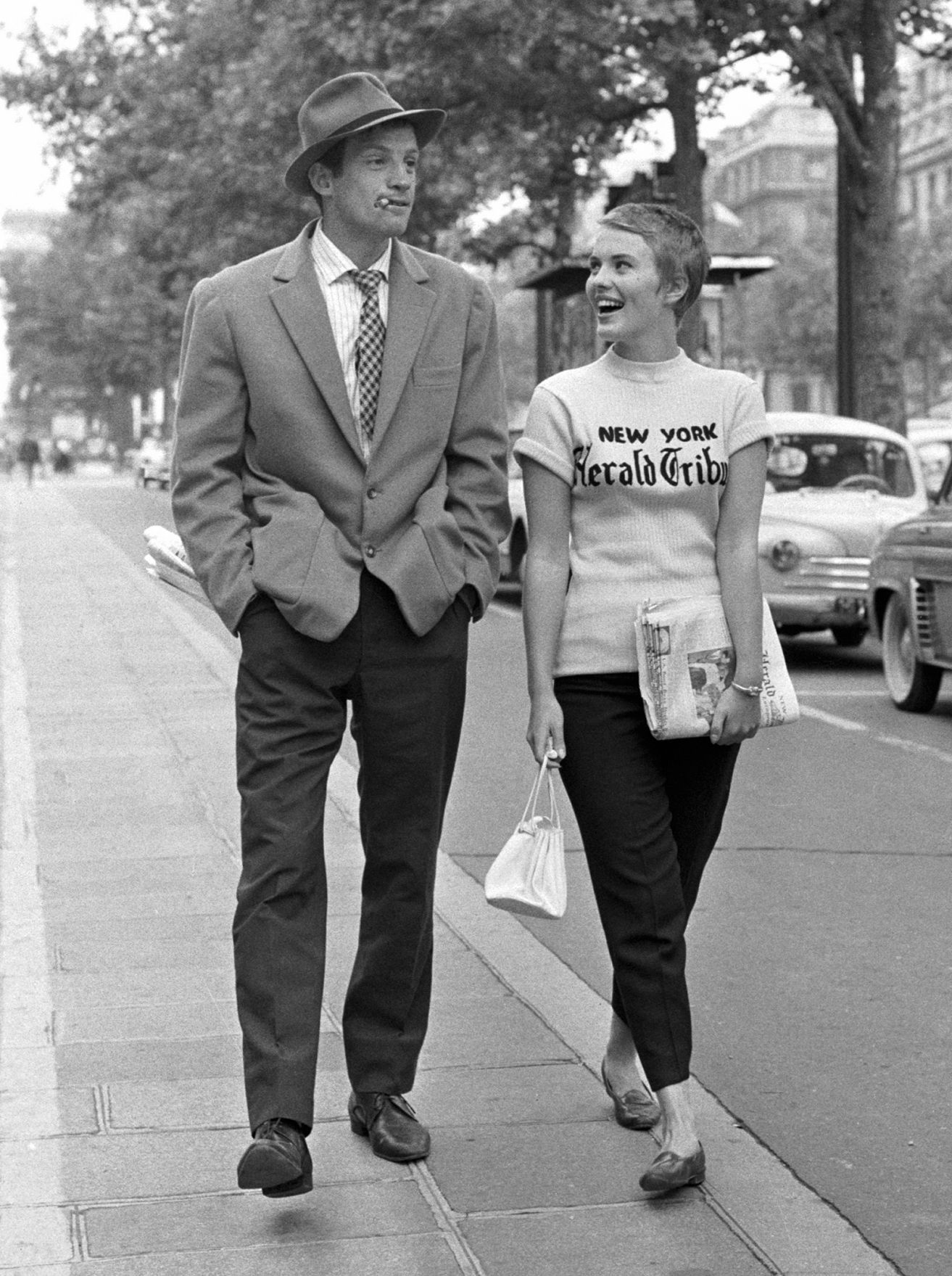
- Release Date
-
March 14, 1960
- Cast
-
Jean-Paul Belmondo
, Jean Seberg - Runtime
-
100 minutes
Watch on Max
1
‘The 400 Blows’ (1959)
Directed by François Truffaut
Starring Jean-Pierre Léaud, this heartbreaking coming-of-age by Truffaut sees a young boy left without attention as he delves into a life of petty crime. Truffant’s film delves into the heartbreaking upbringing some children find themselves thrown into, with Antoine’s struggles feeling authentic thanks to Léaud’s nuanced performance.
A cinematic revolution in the French New Wave, The 400 Blows has cemented itself as a timeless masterpiece both within the movement and outside of it. Its relevant, touching storytelling and emotionally investing narrative make it one of the finest French films of all time, with its resonating tale of youth capturing the attention of many. The 400 Blows is more than an iconic picture — it is a haunting image of growing up elevated by an astounding central performance.
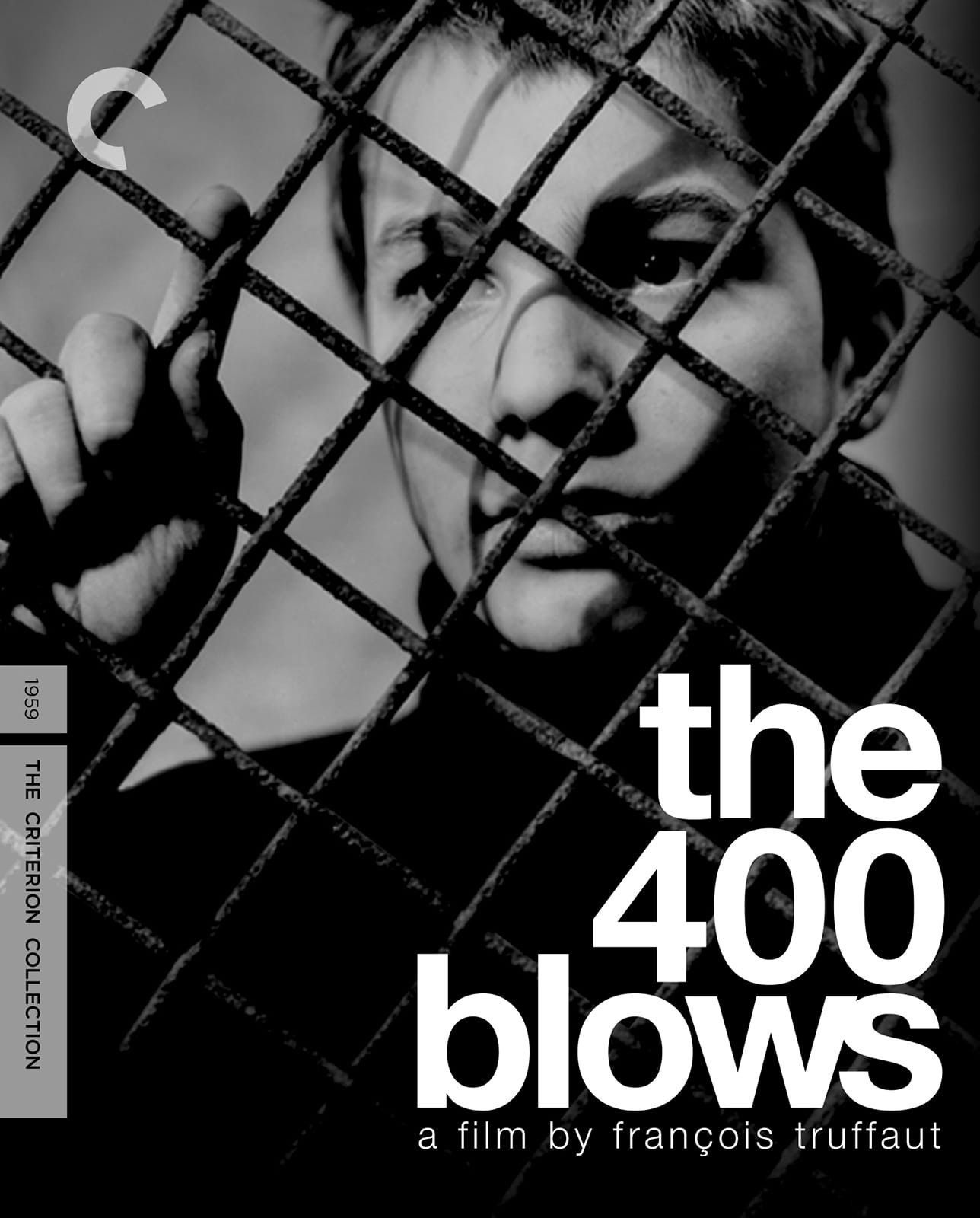
- Release Date
-
May 4, 1959
- Cast
-
Jean-Pierre Léaud
, Albert Remy
, Claire Maurier - Main Genre
-
International
Watch on Max
Source link
